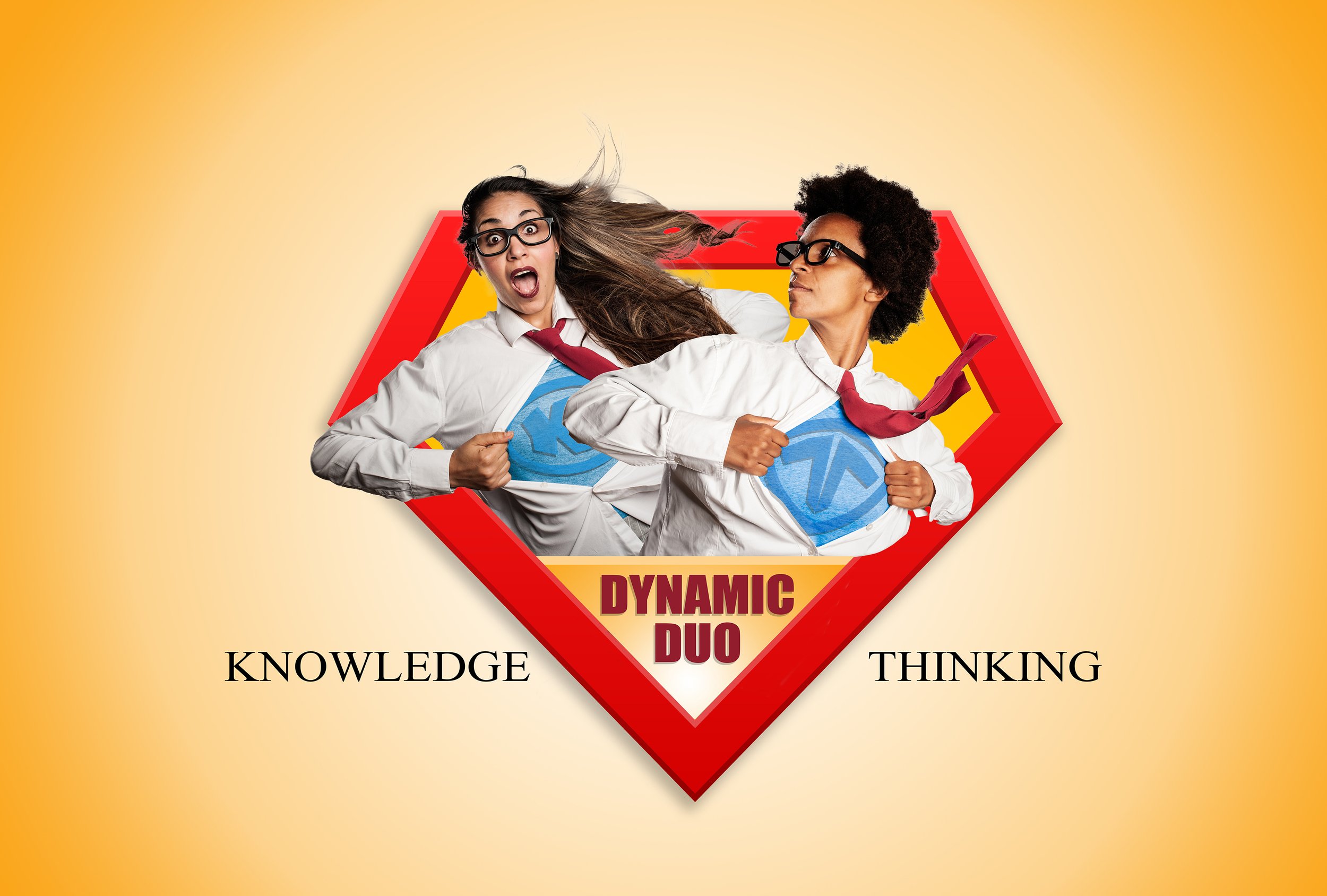Knowledge and Thinking in Problem Solving.
Introduction: In our quest to navigate the complexities of life and overcome challenges, we rely on two essential elements: knowledge and thinking. Knowledge represents what we learn and accumulate over time while thinking puts knowledge into action by encompassing the ability to critically analyze, evaluate, and apply that knowledge. When it comes to problem-solving, harnessing the power of both knowledge and thinking is key to unlocking innovative solutions. In this blog post, we will delve into the dynamic relationship between knowledge and thinking, exploring how they complement each other and why their synergy is crucial for tackling problems effectively.
Knowledge: The Foundation of Understanding: Knowledge serves as the foundation upon which our understanding of the world is built. It encompasses facts, information, and expertise acquired through education, experience, and exploration. It provides us with a framework to comprehend concepts, theories, and principles relevant to a particular domain. Without knowledge, our thinking may lack substance and direction, making it challenging to devise effective problem-solving strategies.
Thinking: Thinking puts knowledge into Action: While knowledge provides the foundation, thinking serves as the catalyst that propels us towards action. Thinking is an active cognitive process that involves reflection, analysis, and synthesis. It allows us to draw connections, identify patterns, and generate creative solutions. The thinking goes beyond the acquisition of knowledge; it involves applying our intellect, reasoning, and imagination to explore possibilities and develop strategies. Without thinking, knowledge remains stagnant and has untapped potential.
The Power of Integration: To maximize our problem-solving prowess, we must recognize the inherent synergy between knowledge and thinking. They are interdependent with each reinforcing and enhancing the other. Merely possessing knowledge without active thinking can limit our ability to adapt, innovate, and find novel solutions. On the other hand, thinking without a solid foundation of knowledge may lead to misguided or uninformed decisions. It is the fusion of both elements that unleashes the true power of problem-solving.
1. Knowledge informs thinking: Knowledge acts as a rich resource for our thinking processes. It provides us with relevant information, historical context, and established methodologies that can guide our problem-solving efforts. When we have a deep understanding of a subject matter, our thinking becomes more informed, enabling us to make more accurate assessments and decisions.
2. Thinking challenges and expands knowledge: Thinking pushes the boundaries of knowledge. It prompts us to question assumptions, challenge existing paradigms, and seek alternative perspectives. Through critical thinking and analysis, we can identify gaps in our knowledge and explore avenues for growth and learning. Thinking prompts us to ask "why" and "what if," leading to the discovery of new knowledge and insights.
3. Knowledge and thinking as a problem-solving duo: Effective problem-solving requires a harmonious interplay between knowledge and thinking. Knowledge equips us with the necessary tools and information while thinking allows us to analyze, evaluate, and synthesize that knowledge to develop innovative solutions. By combining our existing knowledge with critical thinking, we can overcome obstacles, uncover hidden opportunities, and devise strategies that address complex problems.
Conclusion: In the realm of problem-solving, knowledge, and thinking form an inseparable pair. They complement and reinforce each other, propelling us toward effective solutions. While knowledge provides the foundation, thinking breathes life into that knowledge, allowing us to unleash our creativity, critical analysis, and innovative ideas. Embracing both elements in our problem-solving endeavors is essential for overcoming challenges, fostering growth, and driving positive change. So, let us cherish the dynamic duo of knowledge and thinking as we navigate the intricacies of problem-solving and unlock a world of possibilities.

